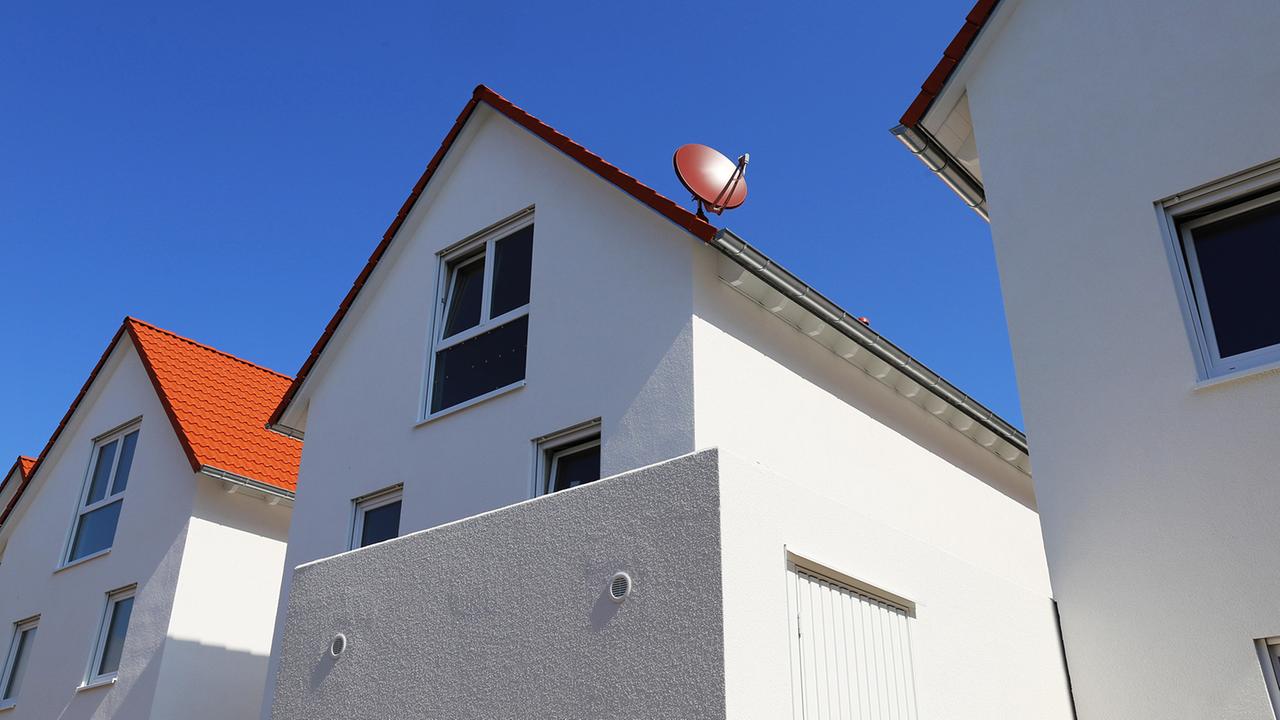background
Many people dream of living in their own home. But the purchase often fails due to a lack of equity. Real estate consultants give tips on how it can still work.
When buying your own property, the following principle applies: the higher the equity ratio, the lower the loan amount that has to be taken out – and the more likely the banks are to reduce the loan interest rates. But many people interested in buying property lack the necessary equity.
Andreas Bendel, real estate consultant at prefabricated house provider Bien-Zenker, also notes this: “I have been in the industry for over 35 years now and have experienced many ups and downs. At the moment we are at an absolute low point, which has many causes. I see one major reason as being that young families in particular generally lack the equity to manage financing.”
Minimum: 20 percent own contribution
As a rule, around 20 percent of the purchase price should be raised in equity. For a prefabricated house with standard features and a size of 150 square meters, which costs around 400,000 euros, at least 80,000 euros in equity would be required.
“And of course there are additional costs for the property transfer tax, the land registry office and the notary. And then there is very often a broker involved. Another ten percent has to be factored in for that,” explains Dirk Eilinghoff, expert for construction financing at Finanztip. In total, 120,000 euros in equity would be required.
extra costs different high
However, the amount of the additional costs depends greatly on the region in which the property is purchased. The amount of the property transfer tax differs enormously between the federal states. For example, in Schleswig-Holstein, Hesse and North Rhine-Westphalia the tax is 6.5 percent, while in Bavaria and Saxony it is only 3.5 percent. For a property worth 400,000 euros, this makes a difference of 12,000 euros.
In addition, more and more banks are already making concessions and are content with less equity, says Eilinghoff. “At least the additional costs usually have to be covered. The absolute lower limit here is around 40,000 to 60,000 euros.”
Review your own financial contracts
That is still a considerable sum that many prospective builders and buyers cannot afford. Eilinghoff therefore advises looking for money and going through your own financial contracts. “You have to check everything that you have concluded in recent years, such as building society contracts, securities accounts, fixed-term deposits, call money.”
The Riester pension in particular offers potential here. Money that was previously paid into savings plans or the Riester pension insurance can also be used to finance construction. The balance can even be fully added to equity. However, deadlines must be met, stresses Eilinghoff: “The real estate project must be implemented six months before the application is submitted – or twelve months after the money is paid out.”
In any case, it makes sense to talk to the bank and an advisor. After all, there are many factors to consider. “Whether I'm looking in Munich or in a more rural area, affordability varies greatly,” says Eilinghoff.
Going out into the country can save money
In fact, prices vary greatly depending on the region. According to a study, consumers save on average almost a third of the purchase price when buying a property in the country rather than in the city. In cities, the average price is 4,180 euros per square meter, and in the country it is 2,806 euros. This is the result of a survey by the German Economic Institute and the Allensbach Institute.
Bendel also thinks it makes sense to think about alternatives in the region. “A plot of land in a region like Frankfurt is almost unaffordable. It's not uncommon for a house and plot of land to cost a million euros.” Rural areas allow more flexibility in terms of price. The country also has a lot to offer in terms of attractiveness, says Bendel from his own experience: “I live in the country, and there you can find plots of land at an acceptable price, there is fiber optic connection and even free childcare for children over six months.”
Can it be made smaller?
Bendel sees another way to reduce the amount of equity required in reducing one's own expectations. Prospective buyers should consider building smaller or cutting back on the equipment. “Home automation – i.e. controlling lights or technology via an app or cell phone – does not make sense in every case,” says the expert.
Buying your own property is ultimately a very personal and individual matter. But for some interested parties, the dream of owning their own home may actually come true, even if it doesn't seem that way at first.





